This past fiscal year, Mount Wachusett Community College in Gardner quietly achieved a milestone.
Get Instant Access to This Article
Subscribe to Worcester Business Journal and get immediate access to all of our subscriber-only content and much more.
- Critical Central Massachusetts business news updated daily.
- Immediate access to all subscriber-only content on our website.
- Bi-weekly print or digital editions of our award-winning publication.
- Special bonus issues like the WBJ Book of Lists.
- Exclusive ticket prize draws for our in-person events.
Click here to purchase a paywall bypass link for this article.
This past fiscal year, Mount Wachusett Community College in Gardner quietly achieved a milestone, recording the largest over-the-year enrollment increase of any of Central Mass. state university or community college in the past 10 years.
The college’s headcounted rose 20.28% from fiscal 2023 to fiscal 2024 while its full-time equivalent enrollment jumped 23.17%, according to the Mass. Department of Higher Education.
In the past few years, MWCC had been dealing with a decline in the K-12 age population, and as a result, the college had been tamping down its enrollment expectations, said MWCC President James Vander Hooven.
Preliminary data shows MWCC’s spring enrollment is up 24% from spring 2024, but getting students into college seats is only the first step.
“The challenge now becomes: How do we serve these students so that they can be successful?” Vander Hooven said.
The college has turned its attention to retention. MWCC is doubling down on its academic support to ensure students continue their degree paths, and expanding its wraparound services to address the life barriers often forcing students to leave their studies behind.
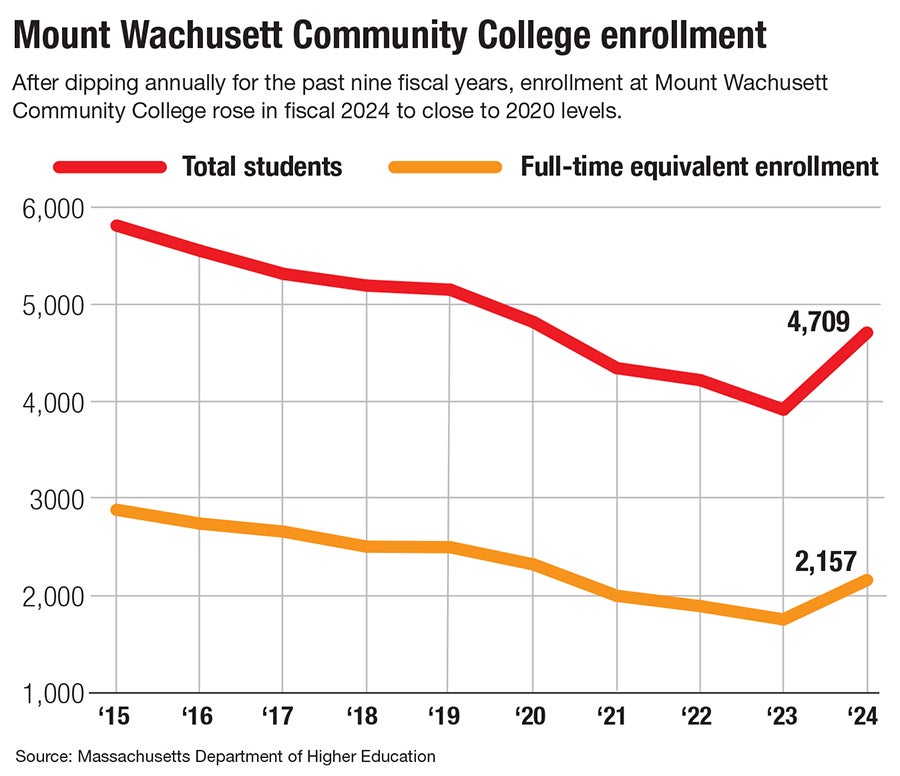
State aid, student support
Vander Hooven credits the majority of the enrollment spike to state initiatives making community college free.
“We are expanding access to higher education for folks of all ages who just never felt like it was an opportunity that they could take,” said Vander Hooven.
In 2023, Massachusetts established its MassReconnect program, allowing students 25 years and older to attend community college for free. This past fall, the Commonwealth reinforced its efforts, implementing MassEducate, which covers the full cost of tuition and fees for community college students of all ages in addition to eligible students receiving $1,200 for books and supplies and up to $1,200 for additional cost-of-attendance needs.
While increased access is an easy net positive, colleges need more supportive services to retain heightened enrollment numbers, Vander Hooven said.
“When you have a big increase in students who would not otherwise have attended higher education, we also have to talk about academic readiness,” he said. “The last thing that I want to do is create a program that isn't sustainable.”
For his first time as a college president, Vander Hooven authorized six full-time faculty searches this past fall. All searches led to hires, and the college has new faculty in its English, chemistry, psychology, math, and computer information systems departments.
Before its enrollment jump, MWCC had implemented college and career readiness programs for its students, but now, it’s a matter of amplifying those initiatives to meet increased need.
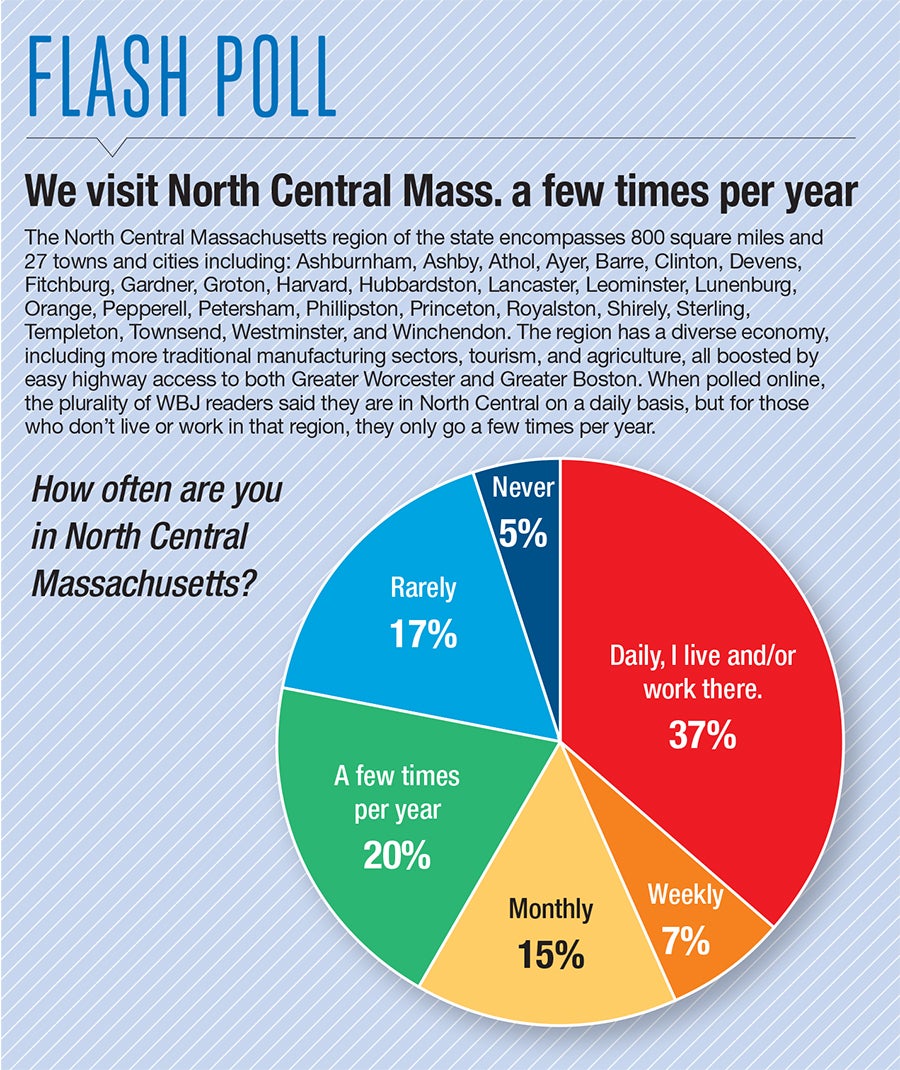
Career-focused efforts
Every MWCC undergrad is required to meet with a career counselor prior to attending their first class. The two discuss the curriculum of different fields of study and locally available jobs.
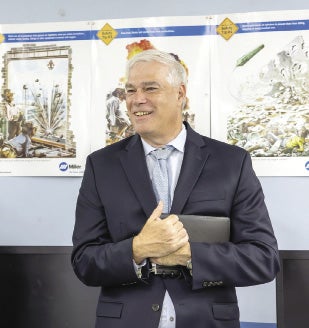
“Because our students who come here are from here, and they're planning to stay here,” said Vander Hooven. We want “to be absolutely certain that a student has a full understanding of what it is that they're about to embark on.”
Preparing students for career success should come well before their first class, said Bob LePage, assistant secretary for career education at the Massachusetts Executive Office of Education.
Oftentimes, many historically underrepresented students are not put in academic settings where they are encouraged to attend college or shown what doors a degree can open, said LePage.
In order to address this deficit in school-age children, the state has been ramping up its efforts to increase college and career advice for high schoolers, helping them to prepare for college while learning about the jobs and employers in their communities, he said.
“When they get to college, they know ‘A) I will see a value to college. B) I see myself in college. And C) maybe most importantly at least in my eyes, is when I go to college, I know what I'm going to do,’” said LePage.
The state has early college programs between Worcester Public Schools and institutions like MWCC, Worcester State University, and Quinsigamond Community College in Worcester.
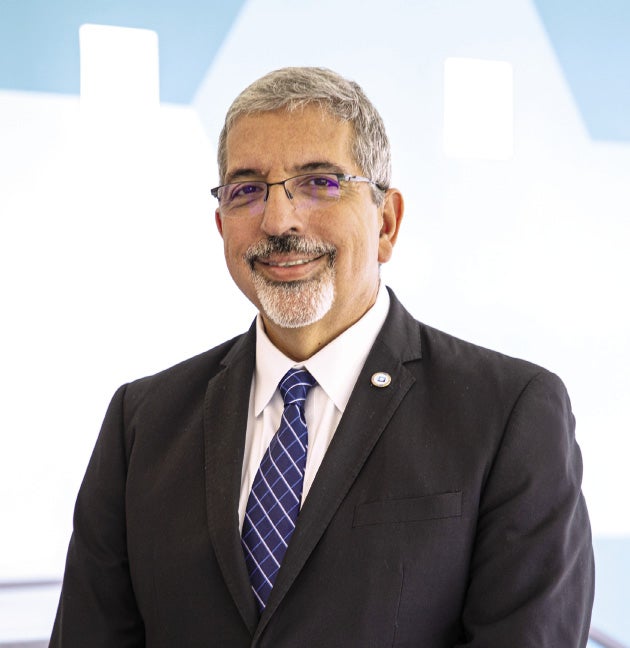
Like MWCC, QCC has made significant strides in providing academic and career support for its students. QCC has a mentoring program, partnering students with faculty, staff, and community members from different industries. The program can be particularly beneficial for first-generation college students, like QCC President Luis Pedraja was.
Not having that generational knowledge surrounding higher education can leave students without the tools to utilize the resources available to them, Pedraja said.
Pedraja, who mentors students himself, credits past college mentees for helping him achieve much of his success.
“The mentors that I had [were] mostly unofficial people that took an interest in me in the community… and kept advising me,” he said. “My parents never went to college, so they couldn't tell me what to do.”
Help beyond the classroom
More obstacles outside of the college walls can easily hinder a student’s ability to remain engaged in their studies.
Vander Hooven has seen issues including transportation, housing security, food security, and affordable child care access all negatively impact students.
MWCC has a fully operational food bank and a drop-in child watch center for student parents. The school has made efforts to align its class schedules with the Montachusett Regional Transit Authority, so students taking mass transportation are better able to attend classes.
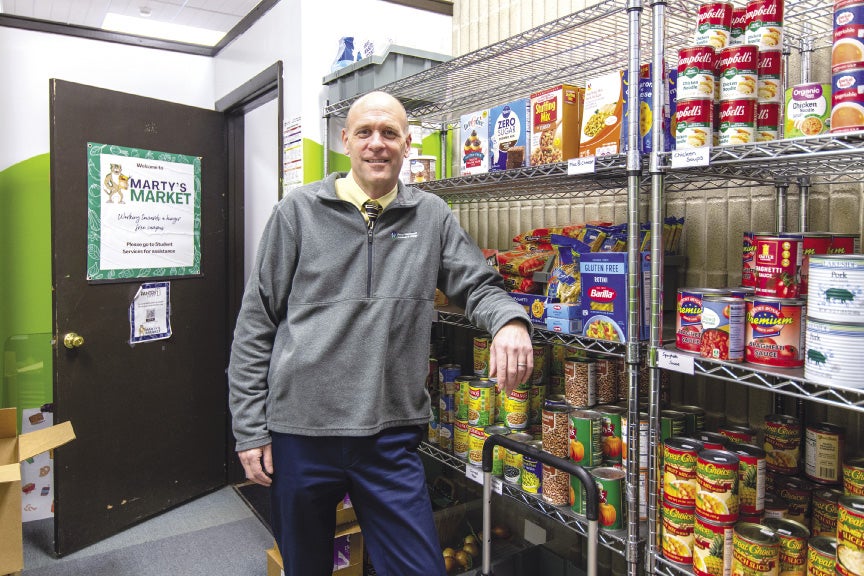
QCC operates its HomePlate Food Pantry & Resource Center. QCC has a partnership with Goya Foods to supply culturally appropriate food, and the pantry is stocked with toiletries, formula, and diapers. Retention rates for students who use the pantry are between 76% and 94%.
MWCC is seeing elevated persistence rates of students returning for their subsequent years, Vander Hooven said. The MWCC persistence rate of 72% from fall 2024 to spring 2025 is higher than the 67% persistence rate among MassReconnect students from fall 2023 to spring 2024 found in a November report by Boston research firm Hildreth Institute.
To keep things moving in a positive direction, MWCC is working to strengthen its holistic efforts with the beginning of MWCC’s spring semester just days away.
“I could go out and say, ‘Our work is done here,’” said Vander Hooven. “The first domino in success is getting them in the door. It's making sure that they're engaged, that they are receiving the support that they need in that they are academically and personally successful.”
Mica Kanner-Mascolo is a staff writer at Worcester Business Journal, who primarily covers the healthcare and diversity, equity, and inclusion industries.
